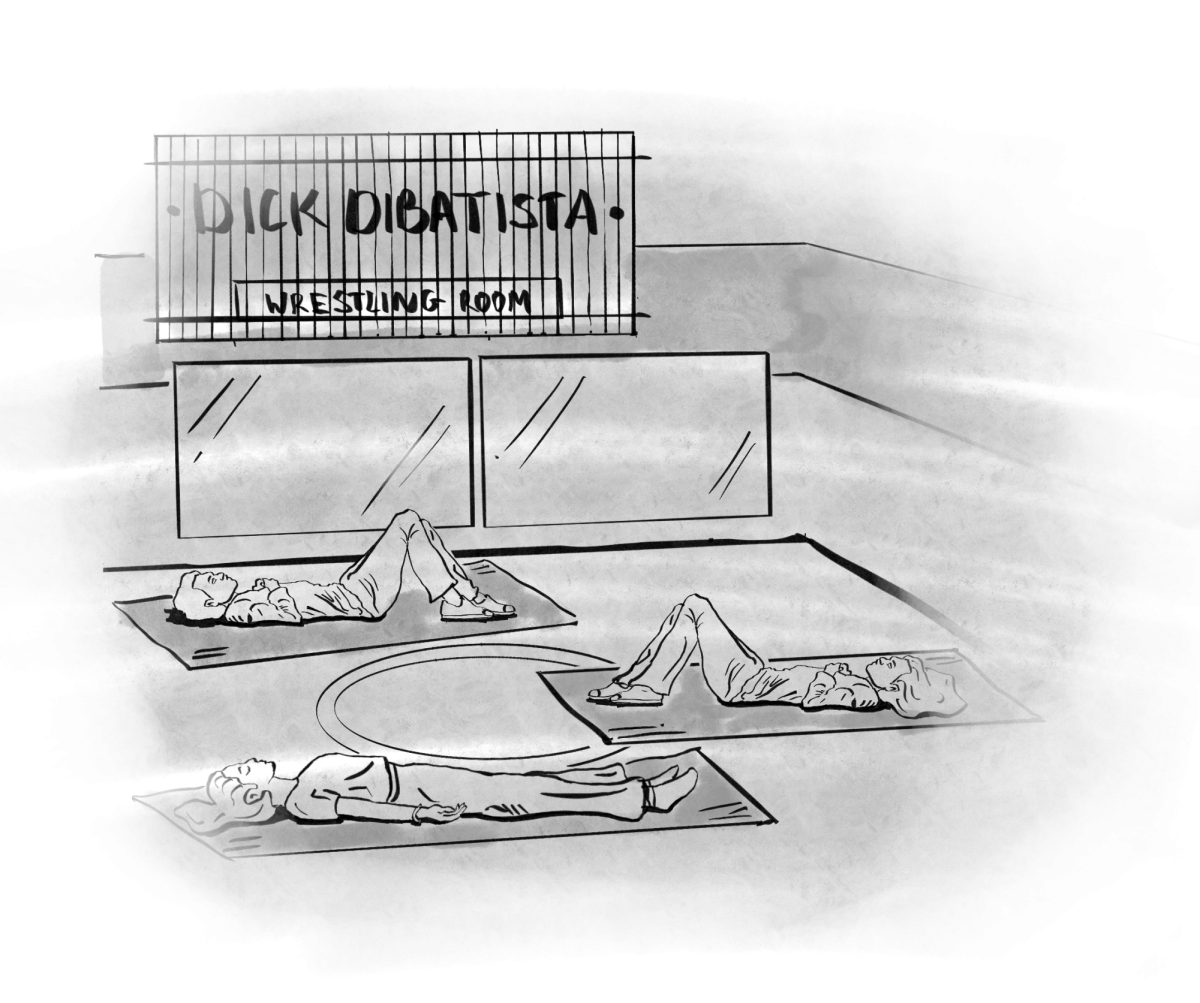Over the last few weeks, the novel coronavirus has ravaged our great nation’s cities and suburbs. No area has been left untouched by this endemic disease. LM shut its doors abruptly on November 16 after community officials panicked over rising case numbers throughout the country and state, in addition to several students and staff at LM testing positive for COVID-19. The temporary closure of our schools came in conjunction with new guidelines in many states and cities as the number of coronavirus hospitalizations continues to rise. In addition, governors and mayors across the country recently instituted new measures over their jurisdictions that they claimed will save lives. These local and state officials have disregarded the limited advice given from the federal government and instead established their own disastrous restrictions. The second wave of lockdowns occurring across our country will undoubtedly cause even greater harm to our nation’s economy. Not only will Americans face economic devastation like never before, they will also suffer the greatest violation of natural rights known to mankind.
I firmly believe that the switch from hybrid to remote learning is a justified measure for protecting students, staff, and families throughout our district. However, the sole reason I support this change is because the district has provided an effective synchronous model of virtual learning for students of all ages and abilities. In contrast, the second wave of lockdowns instituted in major cities will be detrimental to small and middle-sized businesses that have miraculously survived the first round of lockdowns.
The first lockdown which lasted from March through early summer permanently shuttered thousands of businesses across the country — particularly where strict restrictions on movement and commerce were instituted. In Philadelphia alone, more than 1,000 businesses in the immediate area permanently closed as a result of the first lockdown restrictions, according to the Philadelphia Business Journal. The city of Philadelphia was labeled as a virus “hotspot” from the onset of the virus and had some of the strictest restrictions instituted by any major city in the United States. These first restrictions were catastrophic to Philadelphia’s economy. An unnamed LM student noted that “it feels like half of the storefronts in Philadelphia are empty.” As of November 14, Philadelphia has announced sweeping new restrictions on restaurants and instituted measures that would limit all indoor gatherings. These regulations would impact gyms, salons, and thousands of other businesses in the area that rely on in-person commerce. The economic impact of restrictions like these will undoubtedly close even more businesses across our community. More and more Philadelphians will lose their livelihoods in the name of “public health.”
The new lockdowns being instituted across our nation and community will not only harm the economic livelihoods of millions of Americans but will also hinder the natural rights of all people in our nation. Lockdowns are unfortunately meant to place restrictions on what Americans can and cannot do on a given day. Instead of placing limitations on what a given individual can do with their business or personal life, the government should vest trust within their own people. People have a constitutional right to make their own decisions and live a life of liberty. People should weigh the risks of contracting the virus before going out to support their local businesses. Moreover, businesses should not be ordered to close by local and state governments without adequate financial support. It is time for our levels of government to provide solutions for businesses and unemployed Americans before imposing lockdowns on already-fragile communities. State governments should not have the right to close down businesses and put millions out of work if they cannot find adequate solutions to help families put food on the table or pay rent at the end of the month. Americans need a solution that factors in public health but also recognizes that millions of other Americans will suffer dramatically with new lockdowns.
City and state lockdowns that are accompanied by the closure of hundreds of thousands of businesses could have a lasting impact on the future of LM students. The American workforce will not be at the same vitality that it once was when we leave high school. It is time for our governments to create real solutions for struggling Americans prior to mandating stifling restrictions.






Sydney Zelinger • Dec 6, 2020 at 5:00 PM
OKAY Elliot.
John Grace • Nov 30, 2020 at 12:30 PM
Dear Elliot,
My comment is a broad one: lauding your accomplishment, with every one of the writers and other staff members, for a terrific, ambitious, comprehensive and successful online MERIONITE.
The design is both functional and elegant. It has been fun this morning between classes to navigate from category to category, story to story, with zero interference or problem.
Your writers continue to be bold; I am impressed with the substance of subjects explored that acknowledge our reality but which do not succumb to it.
Thanks, for delivering such an impressive student newspaper, in the tradition LM anticipates each time a new edition arrives.
On a different note, I will disagree with you, respectfully, over an explanation of either ‘liberty’ or ‘freedom’ or ‘natural rights’ that seems to view these concepts as absolutes.
History and a broader examination of philosophy would suggest just as clearly they are not absolutes.
Please offer my congratulations to the writers and your fellow editors, and certainly to Mr. Henneberry, too.
Sincerely,
John Grace